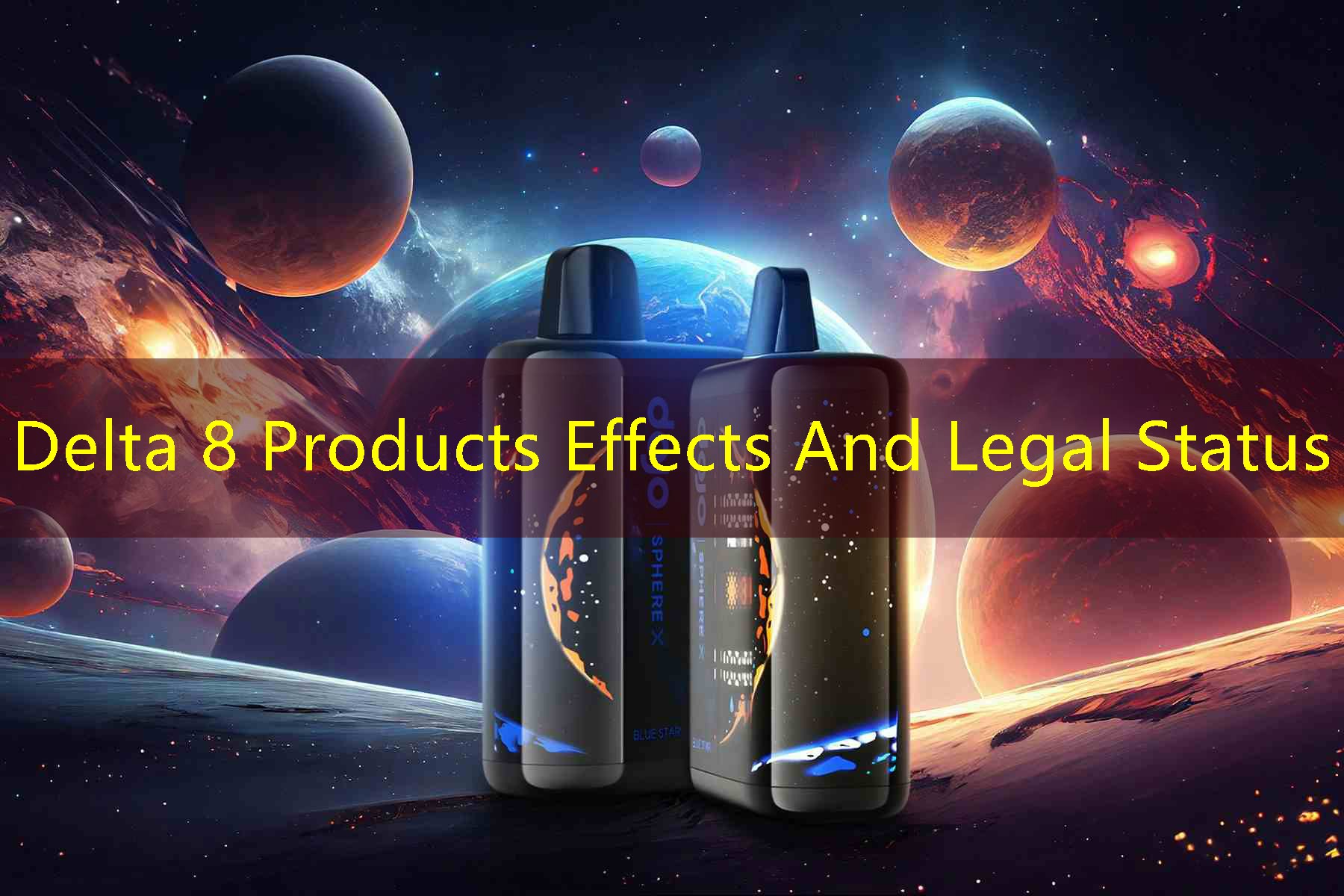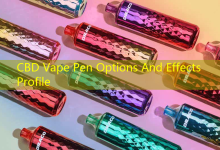Introduktion till Delta 8 Produkt: Effects and Legal Status
As the cannabis industry continues to evolve, Delta 8 THC har framkommit som ett populärt alternativ till dess mer välkända motsvarighet, Delta 9 Thc. Med påståenden om mildare psykoaktiva effekter och potentiella terapeutiska fördelar, Delta 8 Produkter har fångat både konsumenter och forskare uppmärksamhet. Dock, Den juridiska statusen för dessa produkter varierar betydligt mellan regioner, Skapa ett komplext landskap för konsumenterna. Den här artikeln syftar till att utforska effekterna av delta 8 produkter och deras nuvarande juridiska ställning, Tillhandahålla insiktsfull information för nyfikna läsare.
Förståelse delta 8 Thc

Delta 8 THC är en cannabinoid som finns i cannabisanläggningen, liknar kemisk struktur som de oftare diskuterade delta 9 Thc. Dock, Delta 8 is typically derived from hemp, which shifts its standing under the law in many areas. Users report that Delta 8 offers a more subtle high than Delta 9, often resulting in feelings of relaxation without the anxiety or paranoia that some experience with stronger THC.
Effects of Delta 8 Produkt
The effects of Delta 8 THC can vary significantly based on dosage and the consumer’s tolerance level. Research indicates the following common effects:
1. Mild Psychoactive Experience: While Delta 8 does induce euphoria, it tends to be milder compared to Delta 9.
2. Relaxation and Calmness: Many consumers report feeling more relaxed and at ease after consuming Delta 8.
3. Pain Relief: Some anecdotal evidence suggests that Delta 8 may provide analgesic benefits, making it popular among those seeking natural pain relief.
4. Appetite Stimulation: Similar to Delta 9, Delta 8 can increase appetite, ofta kallad “the munchies.”
Dessutom, some users have indicated that Delta 8 offers fewer side effects, making it more enjoyable for those sensitive to THC.
The Legal Status of Delta 8 Thc
The legality of Delta 8 products is a contentious issue, largely influenced by the 2018 Farm Bill. This legislation legalized hemp-derived cannabinoids, provided they contain less than 0.3% Delta 9 Thc. Som ett resultat, many states have embraced Delta 8 as a legal product. Dock, some states have imposed restrictions or outright bans on its sale and consumption due to concerns about safety and lack of regulation.
State-by-State Overview
It is crucial to note that the legal landscape for Delta 8 THC varies across the United States. Here’s a brief overview of its status in several states:
| State | Rättslig ställning | Notes |
|—————-|—————————-|————————————|
| California | Legal | Regulated under adult-use laws |
| Texas | Legal | Ambiguous regulations; growing market |
| New York | Legal | Licensed sellers only |
| Michigan | Legal | Allowed under cannabis regulations |
| Idaho | Illegal | Banned due to THC content |
| Alaska | Legal | Allowed in cannabis stores |
As illustrated in the table, consumers must know their region’s specific laws to navigate the Delta 8 market effectively.
Sourcing Delta 8 Products Safely
With the increased interest in Delta 8 produkt, ensuring safe sourcing is vital for consumers. Purchasing from reputable brands can mitigate risks associated with unregulated products, including contamination or incorrect labeling. Here are a few tips for sourcing:
– Check Lab Reports: Reliable brands should provide third-party lab results confirming the cannabinoid content and the absence of harmful substances.
– Read Reviews: Customer feedback can offer valuable insights into product quality and effectiveness.
– Know the Ingredients: Chemical additives and flavorings can affect safety; consumers should be aware of what they are ingesting.

Potential Risks and Considerations
While many users have positive experiences with Delta 8, it is essential to acknowledge potential risks. As a relatively new product, standardized dosing guidelines are lacking, leading to possible overconsumption and unwanted effects. Dessutom, since Delta 8 is often derived from hemp, the extraction process can inadvertently introduce harmful elements if not conducted correctly.
Total, it is essential for consumers to approach Delta 8 with caution, doing their due diligence before trying these products.
Avslutningsvis, Delta 8 products present an intriguing option for those interested in exploring cannabinoids, but it’s integral to stay informed about their effects and evolving legal status to navigate this landscape responsibly.







